RAFIKI IS A NECESSARY STORY (A Movie Review)
When I learnt that there was going to be a screening for the Kenyan film, Rafiki, at the Ake Arts and Book festival – which was concluded about two weeks ago – it became an added incentive for me to attend the festival. The Wanuri Kahiu-directed film had set enough precedents in Kenya for me to want to see it.
And when I eventually did, it was an experience I was very thankful I had.
Rafiki, which is the Kenyan word for ‘friend’, is a story about two young women, Kena and Ziki, who come from different tracks of life, the former from a home where her parents are divorced and don’t get along, and the latter from a well-off home that seems happy and accomplished. The two girls are also as different as any two people can get, with Kena being the tomboy with the Mohawk and the T-shirts and denims, frequently gliding down the streets on her skateboard; while Ziki is the quintessential girl’s girl, with her long, colourful braids and her dresses, often seen practising hip-swaying dance moves with her friends that hint at a dream of young girls who might aspire to be in Beyoncé’s dance team.
The narrative is like a modern-day, LGBT retelling of Romeo and Juliet, where two girls who have no business being lovers let alone friends – because of the inescapable fact of their fathers, John Mwaura and Peter Okemi, being political opponents – come together and develop an undeniable chemistry.
Apart from the political odds of their families, there are also other roadblocks to their relationship. Like Blacksta, Kena’s friend, a man who is in love with Kena and will like nothing more than to be her husband and take care of her. There are also Ziki’s friends, two sorority-like girls whose antagonism toward the budding friendship between Ziki and Kena acts as one of the catalysts that leads to the exposure of their romance.
Rafiki is a very necessary story, one that ought to be told and retold in the African cinemas until the various subject matters it explores become normalized in our societies.
And Rafiki does explore a lot of subject matters. It isn’t just a lesbian romance that tells the linear story of Kena meeting Ziki. It delves into other issues that deal with gender and sexuality. First and foremost is the disparity in the way the society treats those perceived to be homosexual and those perceived to be lesbian. There is a gay character in the movie, a young man who mostly goes about with a brooding expression and a perpetual silence that says a lot more than any speaking lines can. Because of Kena’s tomboyish personality, she has just male friends, one of who constantly harangues the gay guy whenever he walks by them, hissing to his friends about all the ways he will like to hurt the guy.
I found it interesting how perception works: the gay guy’s sexuality is more perceived than evidenced – perhaps from the way he walks or talks or dresses, or the kind of “questionable” company he keeps. And for this circumstantial evidence, he is pegged gay. But right under this homophobe’s nose is Kena – tomboyish, not at all feminine-presenting, with her Mohawk-styled hair and “one of the boys” attitude, all of these the feed a stereotype that easily marks a lesbian – and he doesn’t see it. The jaundiced perception is not there: to him, Kena is simply his friend. In fact, it takes the “evidence” of Kena’s queerness thrust in his face when she and Ziki are attacked by homophobic members of their community, for him to start seeing her as one of them.
This speaks to the worldwide sentiment – and rancour in LGBT communities – that gay men get more flak for their sexuality than gay women. When applied, these stereotypes easily drive hate toward the gay men from a homophobic society, and mostly tolerance – or blissful dismissiveness – toward gay women. An effeminate man is judged as a faggot, while a tomboyish woman is indulged as expressing herself.
This also speaks to another gender issue explored in the film. At the beginning of the friendship between Ziki and Kena, Ziki and her friends approach the field where Kena is playing football with some guys. They observe for a bit, and then express an interest in joining the game. Predictably, the guys laugh at them, pointing out the obvious – that they’re girls and as such will be more of a distraction to the game. When Ziki points out that Kena is part of the game, one guy laughs as though Ziki has said something ridiculous and responds: “Who, Kena? She is one of the guys.”
The expression of a masculine-presenting woman, I’ve come to realize, works as both a blessing and a burden. It makes her both invisible and accepted. The further away she is from the spectrum of femininity, the more obliging the patriarchal gaze will be on her, while simultaneously robbing her of her femaleness. Patriarchy inherently scorns femininity, and this plays out in the bias that is meted out against any gender that is “female”, from regular women to effeminate men. Despite being a woman, Kena is accepted as “one of the guys”, while Ziki is othered for being an obvious girl.
Another thing I found interesting about Rafiki was the boldness of the romance between Kena and Ziki. Now, I am not familiar with the gay scene in Kenya or the lesbian way of life either here in Nigeria or anywhere else. But if art is an imitation of life, then Rafiki portrays an expression of same sex love that is just a little freer, a little bolder than is obtainable in Nigeria. Which is both unsurprising and enviable. In the past few years since the focus intensified on LGBT issues in Africa, Kenya has been taking firm strides to secure the humanity of her LGBT community, and scoring little victories along the way. The lifting of the ban on Rafiki for a one-week show at the cinemas is prime example of Kenya’s progressiveness.
Rafiki is not only believable a story because of its content, but also because of its talent. The actors who played the lead roles, Samantha Mugatsia (Kena) and Sheila Munyiva (Ziki) had a chemistry that pulls the viewer in, making you root for the love story they are telling.
There were many moments in the viewing hall when the audience broke out in groans of frustration every time Kena was expected to kiss Ziki, and she didn’t. and when they eventually did kiss, there was an outburst of cheers and applause in the hall.
These were Nigerians rooting for same sex love. A minuscule fraction of Nigerians, sure. But Nigerians all the same. There was some comfort to be taken from that for me.
My most favorite character however, would have to be Mama Atim, the big madam who sits in front of her shop, dispensing gossip and just generally being an unrepentant amebo. Any time she came on, with her malicious cackle and unsolicited commentaries on the lives eddying around her, I was reminded again and again of the danger she represents. The danger to LGBT Africans for who seclusion is safety. She is that nosy neighbour who wants to know why only boys are the ones who visit you. That store owner from across the street who’s always watching you, gleaning more about your life than you think her capable of. Those idle co-tenants who will peek through your keyholes, door jambs and windows just to satisfy a curiosity about your private life. That loud voice that will lead a mob of loathing and baying homophobes to your doorstep, to rag you out to your shame.
Rafiki is a very necessary story that should be told over and over again.
Whenever I think of the strides this movie has taken – its pioneering feature at the Cannes Film Festival, the Kenyan court’s lifting of the ban, its position as Kenya’s second highest grossing film – I nod and smile. The existence of this film offers a promise that African nations will get to that place of LGBT acceptance they are so defiantly fighting against. And with its Academy Awards aspirations, it may very well become a film that puts a face to the African LGBT experience on the world stage.
Written by Pink Panther
About author
You might also like
Morning Humour XXI
I mean! Isn’t that just a crime punishable by something when you kiss and not press nyash, hmm?
The Differences Between Being In Love And Loving Someone
Originally published on elitedaily.com It took me a very long time to learn the difference between being in love with someone and actually loving that person. I learned the
Dear Gay Men, Our Trans Advocacy Sucks. We Need To Do Better
Originally published on intomore.com Last week was Trans Awareness Week, a time for the spreading of transgender support and information that ends with a reminder of their humanity on Trans


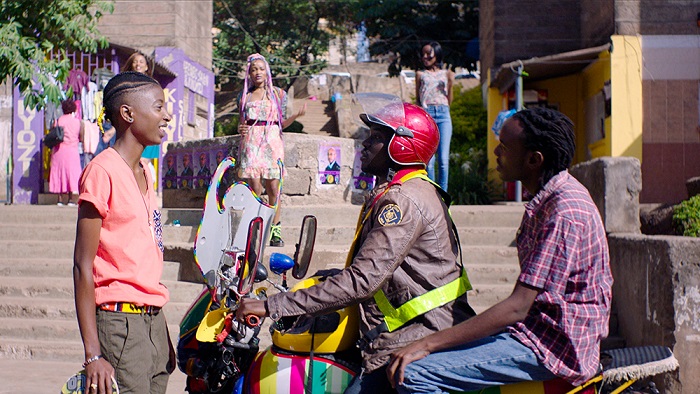


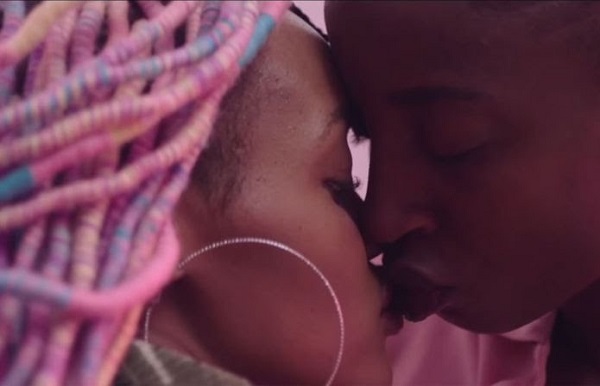
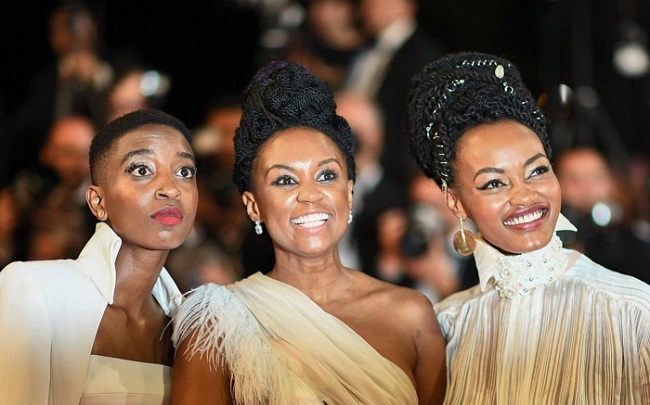
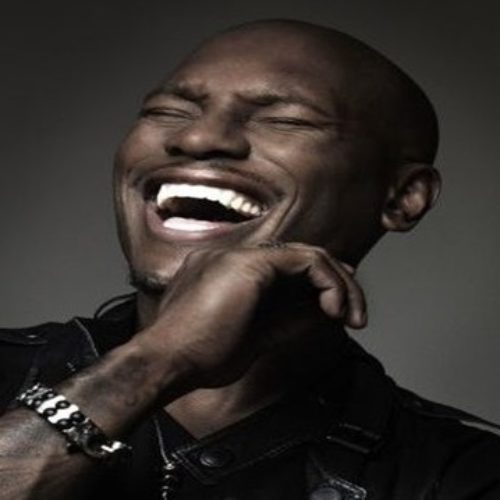

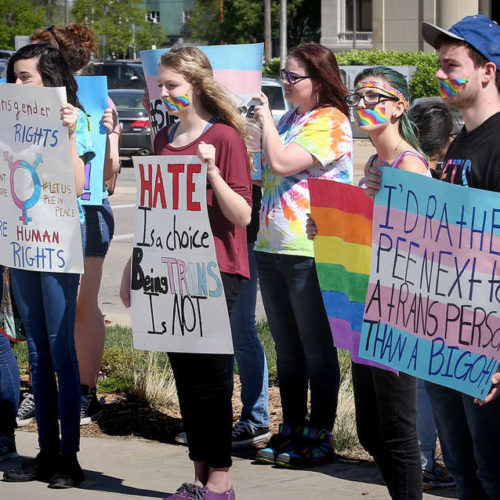






9 Comments
Vina
November 05, 09:38Wow!! I literally just saw the movie through your eyes and i want more!!!
Arghhh!!! I wish i could go to the movies and see this! Phewwww!!!
I do hope to work on a Nigerian themed gay story really soon, so many stories to be told.
Pink Panther
November 05, 10:40I know, right?
You work in the movie industry, Vina?
Delle
November 05, 11:15I’m here for this. Just in case the response is positive PP, please link me up.
Vina
November 06, 10:36Aspiring screen writer.
Been in a couple of scenes, nothing fancy. Eh, what do they call it, yes upcoming.
FineMan
November 05, 10:50This is like me seeing the movie again. Weldon!
PS: I shouted the loudest when Kene refused to kiss Ziki. 🙂 Like wdf? You see meat you no wan chop. But on a second thought. She was fighting what she felt, thinking of the possibility of the relationship, and the inevitable clash of their fathers.
Seeing Rafiki is the bestest Ake moment. I wanted to do a review (I’ve been procrastinating), but bah, this did justice!
realme
November 05, 11:19wahoo …I didn’t see these part or fact …when I watch the film …we need more…more beautiful love stories about us
Andy
November 05, 13:38Now this isn’t me spewing vitriol,but how did a movie centering the experience of queer women deviate into an Olympic oppression between gay men and women,while I do believe this article wasn’t composed with malicious intent it kinda framed the oppression of queer women as lighter than that of queer men which is false and adhered to the theme of men inserting themselves in conversations around women which can be interpreted as dismissive
?
November 09, 00:00Critiquing is about perspectives and opinions. It is apparent the author very well understands this. His is a very educated appraisal of the issues (and movies) in discussion.
Gaia
November 07, 07:55Mama Atim is obviously the reason why I must see this movie…….lolz.